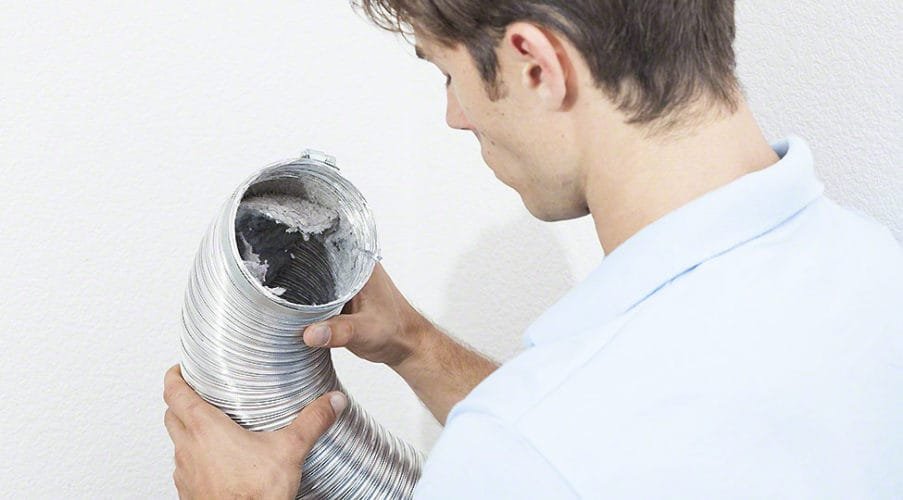
A clogged kitchen pipe or bathroom pipes can happen to even the most responsible homeowners.
If your pipes are clogged, you can do the unclogging by yourself or hire drain contractors. How you unclog pipes depends on the clog’s location and the type of drainage you are working on. Some clogs have easy DIY solutions, while others have to incur extra costs depending on the adversity.
This article intends to give you some background information on what to expect from your insurer in case of a clogged pipes accident.
Does your home insurance cover clogged pipes?
If you have a home insurance policy, you must be wondering, does homeowner’s insurance cover clogged pipes?
Unfortunately, it doesn’t as clogged pipes are a maintenance issue and they can be prevented with proper drainpipe care. In fact, most insurance companies won’t pay when you hire a contractor to fix your drains.
Additional Plumbing Coverage alternative.
You might as well contact your insurance provider if you are not sure, as they are in a better position to help you understand insurance coverage regarding plumbing.
Do not worry if you do not have any plumbing insurance coverage; you can buy additional coverage at an added fee each month that can come in handy in case of damages due to a clogged pipe.
Additional coverage is essential for those living on or near a flood plain or if your house is ancient. Some of the homeowner’s insurance plumbing coverage available include:
- Sewer or water back up: Keeping in mind homeowner’s insurance will not cover a typical clog, it is advisable to acquire a sewer or water backup rider. If you do not have cover, you are likely to bear all the costs of water damage.
- Mold Damage Rider- The mold damage rider offered by Insurance companies covers the cost of mold remediation. Even though standard policy can cover certain water damage types, it excludes mold infestation resulting from the ruin.
- Sump Pump Rider- It covers a sump pump used for pumping excess water from a basement if they experience leaks or bursts.
How to keep home pipes from clogging.
Grease, hair, soap, or solid objects are some items that lead to a sluggish or blocked pipe or sewer line. As the saying goes, prevention is better than cure. To avoid dealing with clog problems in the first place, here are a few tips to help you protect and keep your drainage system in working order.
- Use strainers – Equip your sinks and tubs with strainers to prevent debris from entering the drain. You can remove them and clean hair and fibers that get stuck.
- Use the toilet to dispose of particular objects. Some of the semi-solid waste you produce can easily be disposed of in the toilet. You must understand, though, that toilets cannot handle some objects and can easily get blocked too.
- Keep sink grease-free– While washing utensils, over time, a thick paste from the excess oils used while cooking or frying accumulates in the drainage system. This is one ingredient for blocking pipes. Regularly run hot water in the kitchen sink to flash them out.
Conclusion
If your insurance company does not cover clogged pipes, before you think of calling drain cleaning companies Westchester, there are plenty of homemade solutions you can give a try using these DIY methods. Even for more complicated blockages, you can use a drain-cleaning machine or follow a quick DIY fix.
There are solutions to every problem, and with such a common problem in households, you will find a way to tackle this issue.

